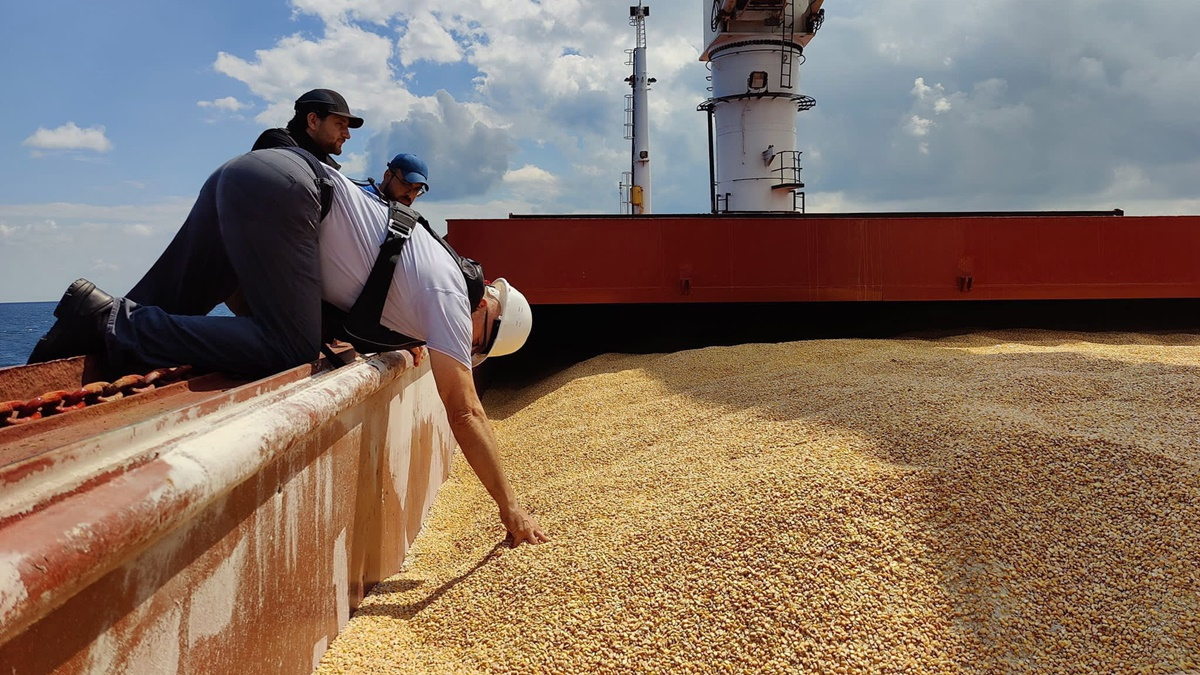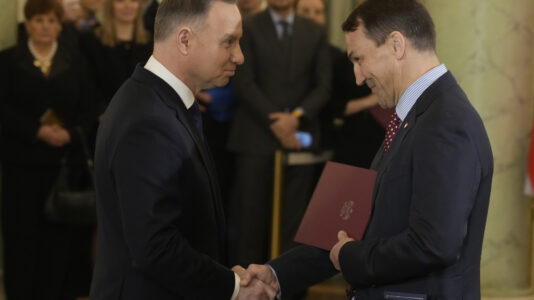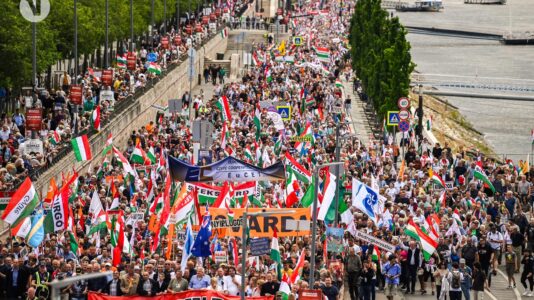It seems that the institutions of the European Union, in their political death throes, are still capable of doing things that could worsen relations with Russia. Not that the current situation is good, but it is certain that any move to further weaken relations will be another problem to be solved on the road to normalization after the war in Ukraine.
The party composition of the EU institutions will certainly change after the European Parliament elections on June 9, so the haste of the current bodies is understandable.
The EU has just made one of its last kicks, brutally raising tariffs on certain agricultural products from Russia and Belarus, mainly concerning cereals and oilseeds. The aim is to drive these crops out of the EU market.
The above items to the EU represent only a few percent of Russian agricultural exports, so this measure is unlikely to shake Putin’s power and win the war in Ukraine. Once again, this falls into the category of wishful thinking of the Brussels bourgeoisie.
The same happened with energy when the majority of EU member states decided to cut themselves off from the Russian supply system. Of course, Brussels was helped in this by the blowing up of the Nord Stream pipeline, but the member states concerned have also done much to leave Moscow in the lurch. However, they are still partly in need of Russian energy sources, which they do not want but which are indispensable at the moment.
And the Kremlin’s ruler can sit back and have a coffee because the gas and oil not sold in the EU has been bought up by China and India. Russian grain, which has become unsellable in the EU because of increased EU tariffs, is likely to follow a similar path.
But Brussels’ justification for the need to raise EU import duties is striking. The new tariffs are designed, in the EU’s words, to “prevent destabilization of the EU market, protect the EU farming community, and stop revenues that could finance Russia’s ongoing war of aggression against Ukraine.”
It is impossible for Eurocrats not to know that the fall in the price of Russian agricultural products destined for Europe will not change Moscow’s policy. As for the destabilization of the EU agricultural market, the biggest threat is posed by Ukrainian grain, which enjoys duty-free access.
It has been said many times, but not often enough, that Ukrainian grains are genetically modified and therefore unhealthy, that its production costs are significantly lower than in the EU, partly because of low fuel prices and wages, and that it is therefore devastating the European market. We have seen the desperate protests of European farmers against the dumping of Ukrainian grain. Somehow their voices have not been heard in Brussels.
They say that only Russian grain can destabilize the EU agricultural market and that Ukrainian grain has nothing to do with it.






